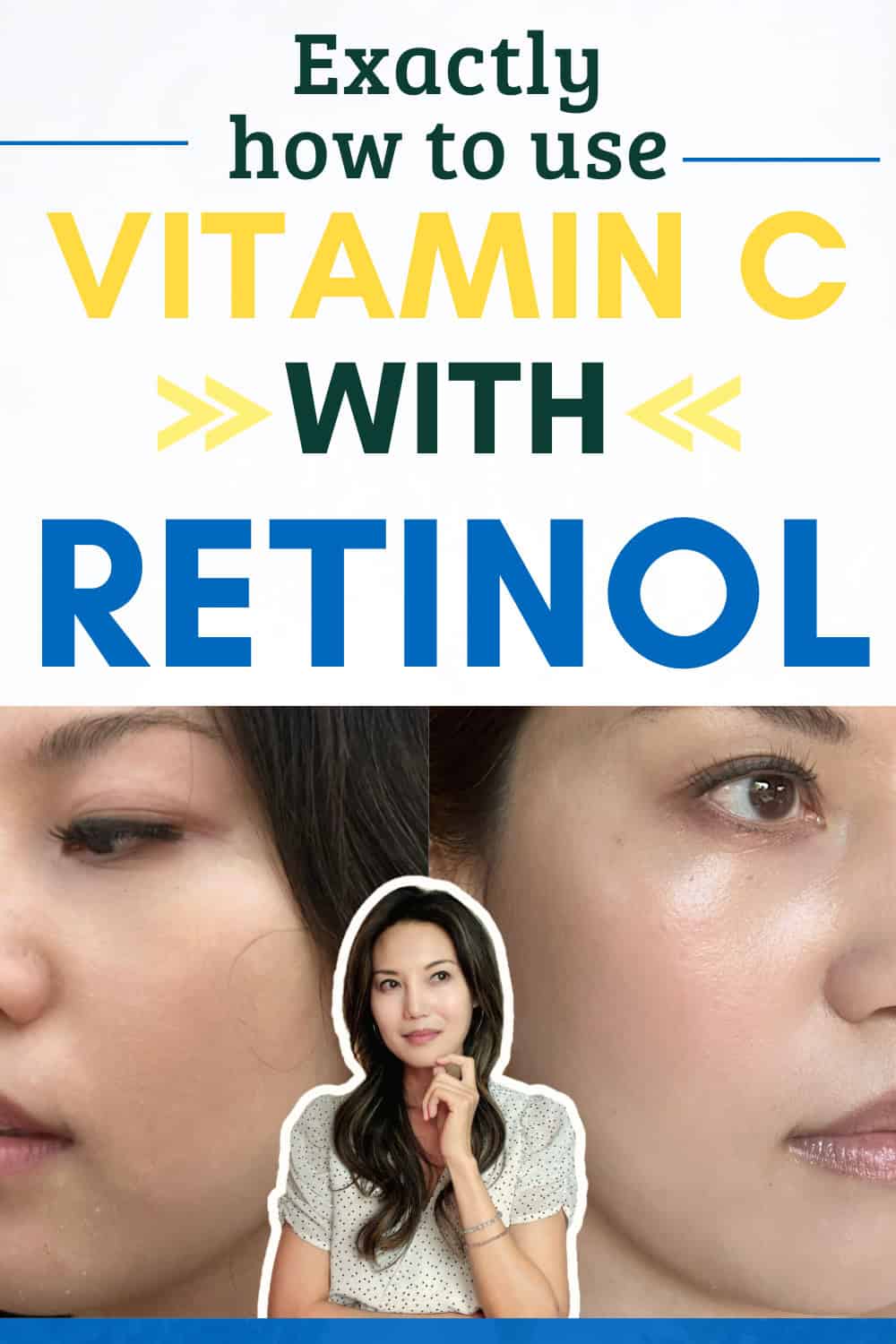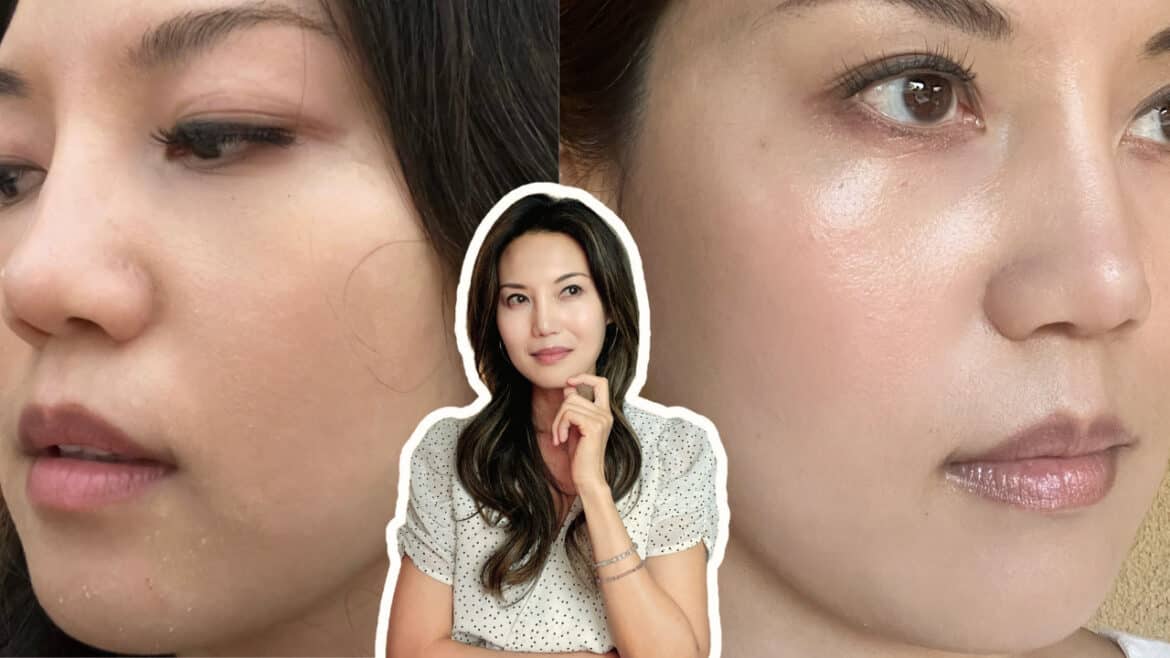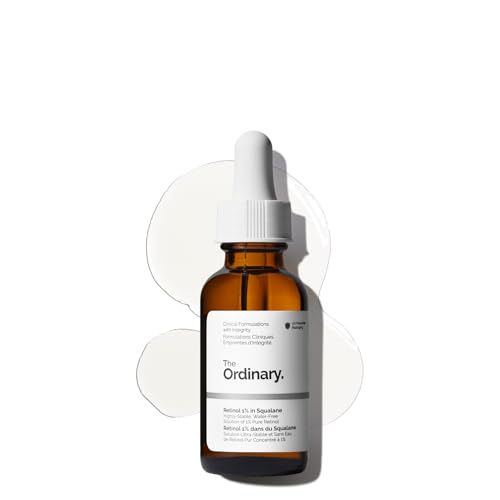Not too long ago, I looked in the mirror and saw tired, uneven, lifeless skin staring back at me. No matter how much I slept or hydrated, my complexion still looked dull and flat.
Fast forward to today: my skin is smoother, brighter, and people have asked me what makeup I’m wearing—when I’m wearing none. The real game-changer?
A simple, effective skincare routine with retinol and vitamin C.
This blog post breaks down everything I learned—through trial, error, and science—about how to use these two powerhouse ingredients together. Whether you’re dealing with dullness, early signs of aging, or uneven skin tone, this might just be the best skincare routine with vitamin C and retinol you haven’t tried yet!
Why Your Skin Looks Dull (Even If You’re Doing Everything “Right”)
Let’s start with what we’re actually fixing. Dull skin isn’t just a “bad skin day.” It’s a sign your skin is stuck in a slowdown. Think of your face as a mirror that used to reflect light—now it looks cloudy and muted.
As we hit our 30s and beyond, our skin stops renewing itself as fast. Dead skin cells hang out longer, making the surface feel rough and look uneven. Our collagen—a protein that keeps skin plump—starts breaking down from stress, sun exposure, and lack of sleep. Even with good habits, it’s hard to fight biology.
But that doesn’t mean you need a 10-step routine to glow again. In fact, I found my way back with just two ingredients: Vitamin C and Retinol.
This post may contain affiliate links, which means I’ll receive a commission if you purchase through my link, at no extra cost to you. Please read full disclosure here.
Step One: Vitamin C in the Morning
Vitamin C is your skin’s wake-up call. It doesn’t just brighten—it defends, heals, and strengthens. And when used daily, it transforms how your skin looks and feels.
What Does Vitamin C Do for Your Skin?
- It’s a potent antioxidant that protects against free radicals caused by pollution, UV rays, and stress.
- It boosts collagen production, helping to firm the skin and reduce fine lines.
- It brightens dark spots and hyperpigmentation by slowing melanin production.
- When paired with sunscreen, it adds an extra layer of protection against sun damage.
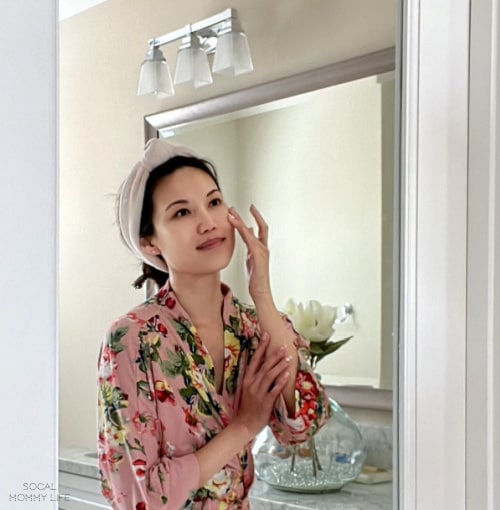
Want More Glow? Use the Right Type of Vitamin C
The most effective form is L-ascorbic acid, but it’s notoriously unstable. Once exposed to light or air, it breaks down quickly. That’s why the best vitamin C serums also include stabilizing ingredients like:
- Ferulic Acid – Enhances stability and antioxidant power
- Vitamin E – Another antioxidant that complements Vitamin C and protects deeper skin layers
One of the most respected formulas contains 15% vitamin C, 1% vitamin E, and 0.5% ferulic acid. Backed by peer-reviewed studies, it’s a gold standard.
And that’s the science behind the cult-favorite SkinCeuticals C E Ferulic!
Here are some of my favorite vitamin C serums that also contain Vitamin E and Ferulic acid:
My absolute favorite, and the one I kept coming back to, is Paula’s Choice C15 Super Booster.
It’s got the golden standard of 15% ascorbic acid (vitamin C), ferulic acid, and vitamin E in a lightweight, sensitive-skin-friendly formula.
Whether you’re oily, dry, or combination—vitamin C can work for you. Just apply it in the morning before sunscreen, and you’re good to go.
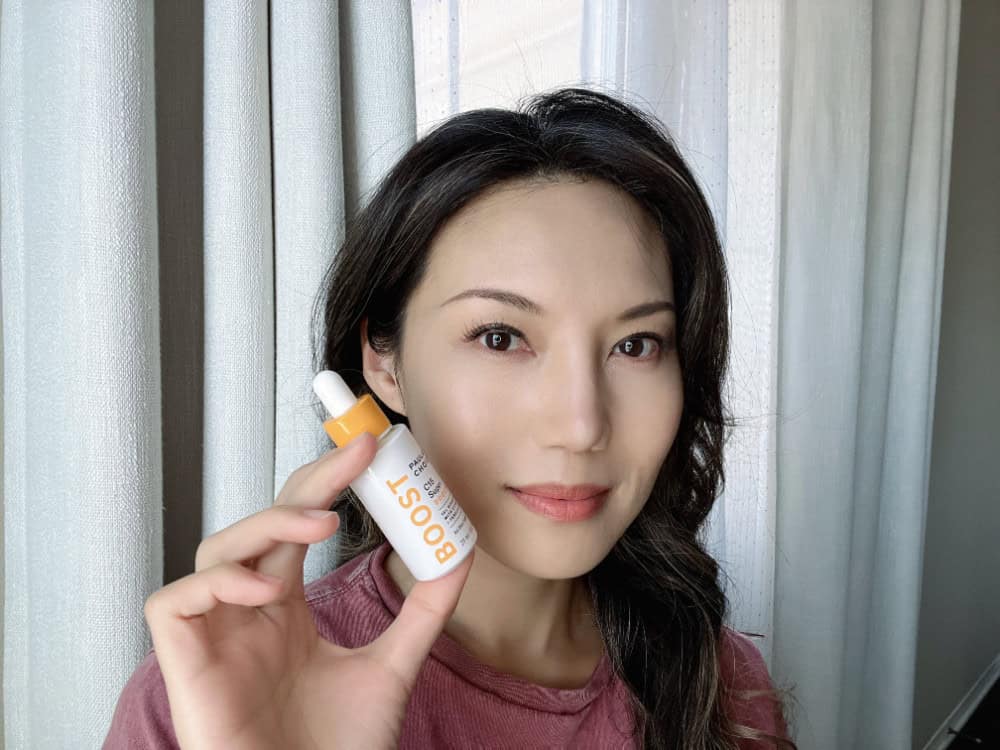
Step Two: Retinol at Night
If vitamin C is the skin’s shield during the day, retinol is its repair crew at night. It helps your skin turn over faster, sheds dead cells, boosts collagen, and smooths out texture and fine lines.
Why Retinol Is Worth the Hype
According to scientific studies, retinol has “remarkable anti-aging effects on aging human skin.” It’s not just marketing—it’s legit science.
But here’s the real talk: retinol can be intense. If you’re just starting out or have dry/sensitive skin like me, go slow. Choose a gentle formulation and use it 2–3 times a week to build tolerance.
Best Retinol Serums
Kiehl’s Retinol Skin-Renewing Daily Micro-Dose Serum
Great for beginners. Low irritation, contains peptides and ceramides.
The Ordinary 1% Retinol in Squalane
If you have been using retinols and wanted to go higher on the dose, this one is a great option. It’s high-strength, but cushioned with hydrating squalane.
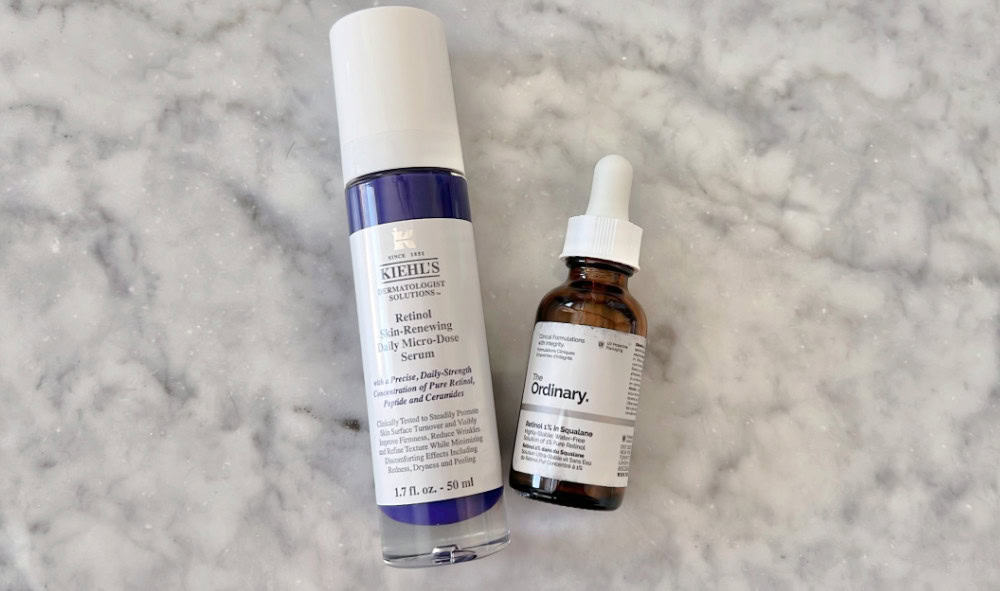
What Skincare Products Can I Use with Retinol?
You want ingredients that soothe and support the skin barrier. That includes:
- Peptides – Help stimulate collagen production and hydrate
- Ceramides – Strengthen the skin barrier and lock in moisture
- Niacinamide – Calms redness, evens tone, and hydrates
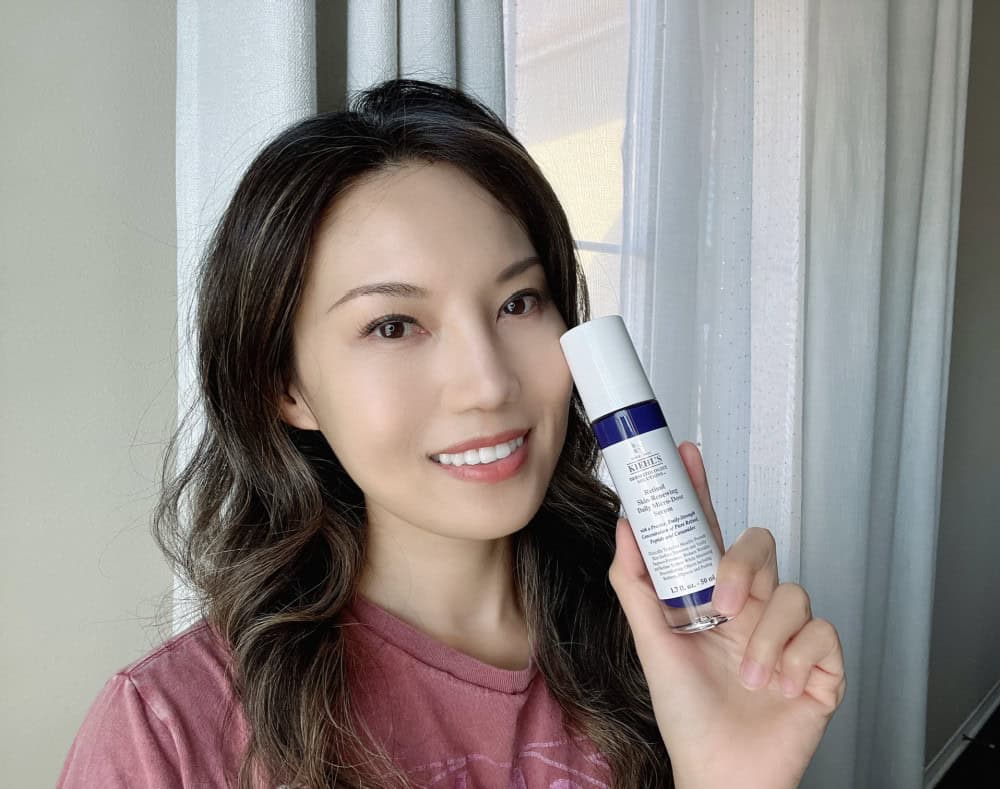
Do I Need Retinol in My Skincare Routine?
If your goals include reducing wrinkles, evening skin tone, or achieving a smoother texture, then yes—retinol should be part of your skincare routine. The key is consistency and starting with a formula that respects your skin’s tolerance.
Don’t Skip Moisturizer: The Retinol BFF
Retinol needs backup—and that backup is a nourishing, restorative moisturizer.
My absolute favorite is the CeraVe Skin Renewing Night Cream.
Here’s why – It’s affordable, effective, and formulated with:
- Ceramides to lock in hydration
- Peptides to support collagen
- Niacinamide to soothe
- Hyaluronic Acid to deeply hydrate
It prevents dryness and irritation while letting retinol do its magic underneath. I use it every night I apply retinol, and I always wake up glowing—not flaky.
How to Use Vitamin C and Retinol Together
Wondering how to use vitamin C serum and retinol in the same routine without irritating your skin? Here’s the step-by-step plan I follow:
Morning Routine:
- Gentle cleanser
- Vitamin C serum
- Moisturizer (optional)
- Broad-spectrum SPF 30+
Night Routine:
- Cleanser
- Retinol serum (start 2–3x/week)
- Moisturizer with ceramides/peptides
Helpful Tip: You can use vitamin C in the morning and retinol at night safely, even if you have sensitive skin. Just don’t use them in the same session.
Final Thoughts: Best Skincare Routine with Retinol and Vitamin C for Glowing, Youthful Skin
You don’t need a 12-step routine to see results. The best skincare routine with retinol and vitamin C is one that’s simple, consistent, and tailored to your skin.
To recap:
- Use vitamin C in the morning to brighten, protect, and stimulate collagen.
- Use retinol at night to smooth texture, reduce lines, and reveal fresher skin.
- Always moisturize and never skip sunscreen.
If you’re wondering can you use vitamin C moisturizer with retinol, the answer is yes—but space them out. Morning for vitamin C, night for retinol.
Still unsure about sunscreen? Check out my complete sunscreen guide —because even the best actives won’t help if you’re not protecting your skin from the sun.
Ready to try this glow-up formula? Drop a comment below and tell me what you’re using right now. And if this helped, don’t forget to share it with a friend who’s tired of dull skin too.
